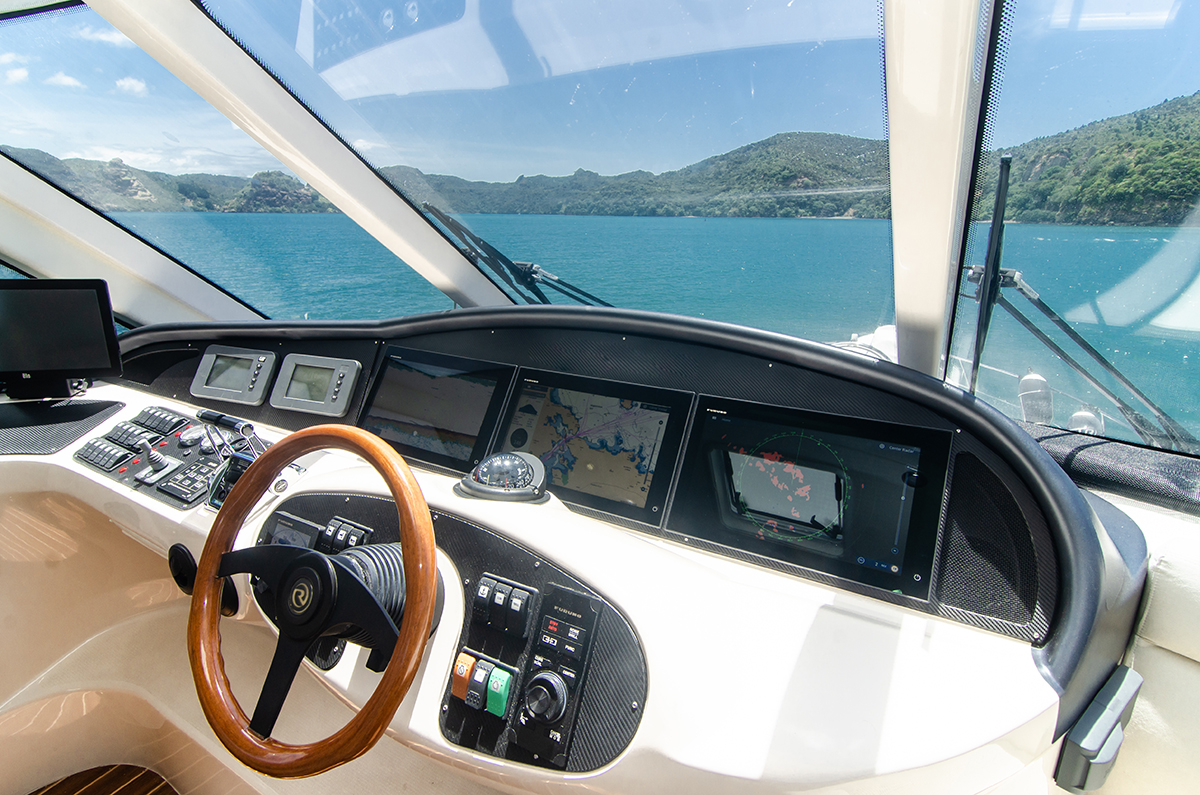When it comes to buying an electric navigation device, the most critical issue for most people – especially fishermen and other marine travelers – is to decide between a Chartplotter and GPS. Which of these two is more optimal? From automobiles to boats, which navigating tool must you opt for?
Now, keep in mind that an effective navigating device is crucial- no one wants to end up getting lost in a strange area or worse- in the middle of a vast ocean, right?
Read along to find out the benefits of both Chartplotter and GPS and, ultimately, which one of these you should select as your navigating equipment.
What’s the Difference Between GPS and Chartplotter?
GPS offers you your location without showing it on the map. On the other hand, Chartplotter incorporates the GPS location and displays it on the map. So, essentially, every Chartplotter uses GPS though not every GPS is a Chartplotter.
If you’re thinking right now of how much cooler Chartplotter sounds- hold on. Let’s delve deeper before forming any conclusion.
Chartplotters: An Overview
Chartplotters use charts and maps to show your exact location and position. They are vital for sailors especially, as they help you understand what lies below the water level. They cant work alone, though, and need GPS for showing your location.
Furthermore, a chart plotter also shows the speed and estimated journey time of a vessel and the distance between the ship and the destination.
How Chartplotter works is that it navigates you. You need to enter your destination’s coordinates and you’ll be supplied with your vessel’s details, including bearing and speed.
Chartplotter also offers you the precise route information you could follow to complete your journey in a safe and time-effective manner.
Furthermore, charts are the vital components of a Chartplotter.
Why Use a Chartplotter?
Using a Chartplotter helps the sailors in avoiding dangers, including sharp and deep rocks and reefs. Not just this, but a Chartplotter has details of all possible delays and hurdles that you might encounter in your route. Therefore, you can assess these obstructions and avoid encountering them beforehand.
Moreover, a Chartplotter works excellently in lowering the risks of getting lost because it records your route for if you need help in the future.
GPS: An Overview
GPS is a tool widely used by travelers and for a wide range of expeditions, including voyaging, rescues, etc. GPS uses satellites and receivers, where the receivers calculate the distance from three satellites orbiting around the earth. That helps users understand what their exact location is.
If you didn’t know before, GPS plays a crucial role in the job of fishermen. It offers ease in locating and tracking fish in the sea. Largescale fishermen can even use GPS to find the areas with a massive population of fish. GPS even observes these fish’s movements and informs you about the migrations they might do during the year.
Apart from this, GPS also offers the function of underwater surveys and maps the buoys’ waypoints. This assists oceanographers in finding out the potential hurdles under the sea.
GPS is a highly effective navigating tool for offering precise location and giving data about the speed and time for reaching a destination.
Why Use GPS?
There are numerous benefits of using GPS. For instance, GPS devices are known for their precision and fast speed in offering your ship’s speed, position, and bearing. They also help maintain and manage ports and their logistics.
Furthermore, GPS devices assist anglers and boaters in navigating through complex routes safely and quickly while also helping them avoid hazards and hurdles. You can say that GPS is a tool that essentially improves the overall security of your ship or vessel.
Final Verdict
So, Chartplotter vs GPS: Which one to Choose? Let’s start by understanding the potential costs of both these tools. Chartplotters cost around $200 to $5000, whereas a GPS device can cost you around $70.
It’s the much more technical and advanced Chartplotters that cost more. So, you might want to buy a high-end Chartplotter if you want all of those advanced and intricate features. If you merely want a basic marine navigation, GPS will work just fine. But for the additional benefits and sharp accuracy, mounted Chartplotters and MFDSs win the race.
If given the choice between a basic Chartplotter and GPS, go for GPS simply because even a basic GPS device is much more reliable than the basic Chartplotter.
The next thing is user-friendliness. All Chartplotters use GPS anyway, and while they show GPS information in a user-friendly way, GPS offers details in the form of longitudes and latitudes. Also, you have to be an expert about longitude and latitude reading to use GPS devices. Chartplotters, though, offer locations on a map that can be easily understood and read by anyone.
Both tools have their limitations and benefits. You must thus, go for the one that best suits your requirements.
Happy navigating!

